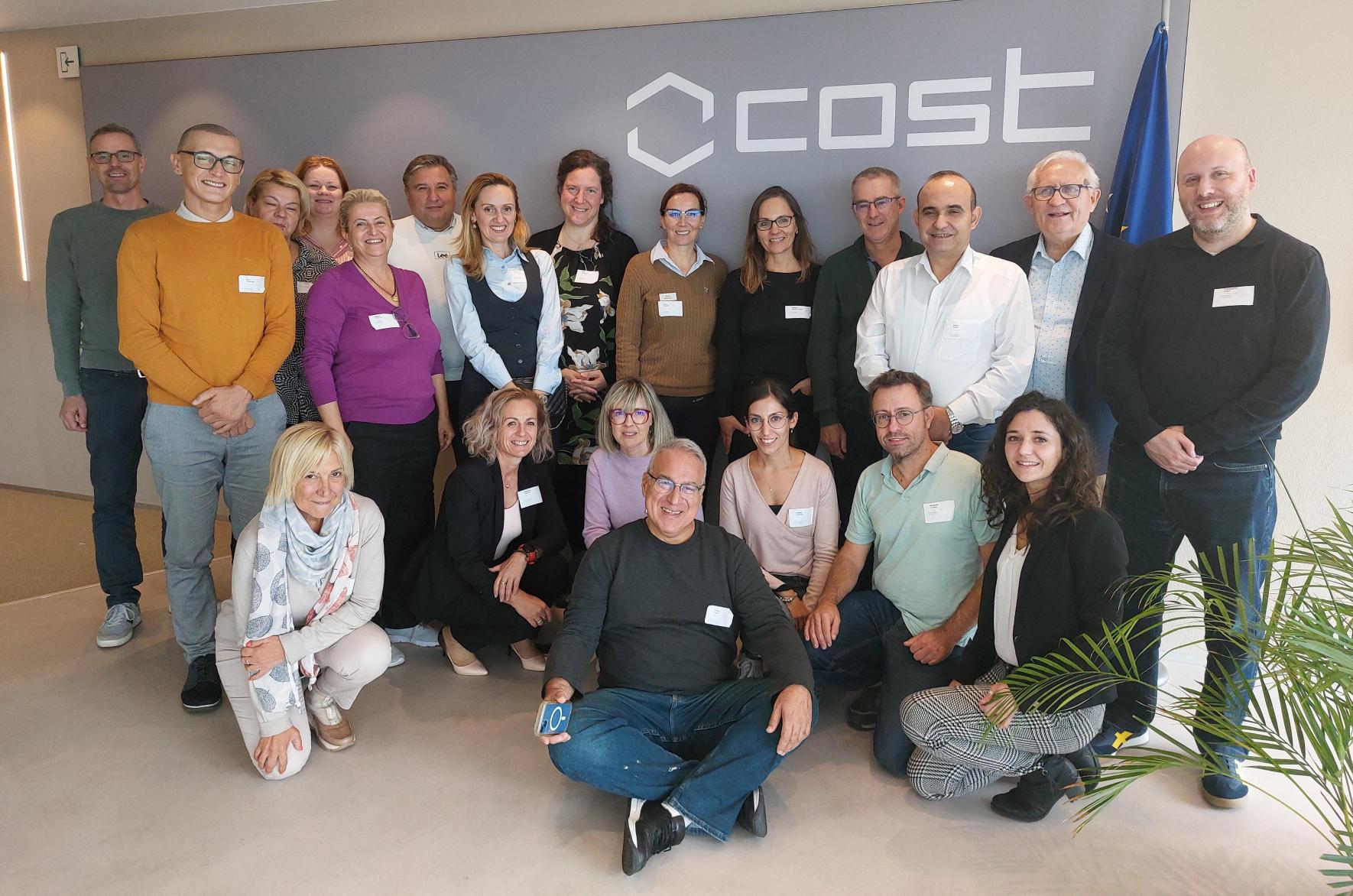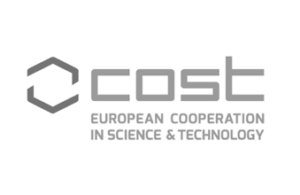PRO CIVIS Foundation active in the European Cooperation in Science and Technology COST!
Intensifying collaboration, sharing knowledge and research outcomes more widely and more efficiently along the entire value chain, while at the same time creating an environment for innovation is one of the main goals of the new COST Project „Non-chemical weed management in medicinal and aromatic plants (MAPs) (weedingMAPs)”. PRO CIVIS substantively co – developed this project proposal and will be actively involved in and contributing to its research and networking tasks:
- PRO CIVIS CEO – Tadeusz Pęczek will lead the works under Working Group 4 “Strategical approach to knowledge co-creation for new or adapted non-chemical weed management”. The WG4 will take on the challenge of designing new organisational solutions, deal with innovation aspects and knowledge valorization and develop an extended multi-factor SWOT analysis for weedingMAPs.
- PRO CIVIS representatives will also be substantively involved in the proceedings of Working Group 2 “Barriers and drivers for the adoption of non-chemical weed management strategies in MAPs”. The task of this Group is, inter alia, to deliver an overview of the European and national legislation and programming, as well as a catalogue of best practice recommendations accelerating the use of non-chemical weed management methods in MAPs.
Weed management is generally one of the most challenging aspects of crop production. If not optimally managed, weeds pose a serious competition for nutrients, water or light and therefore often lead to lower yields and higher levels of pests and diseases. The sector of medicinal and aromatic plants (MAPs) is particularly affected by weeds, as herbal raw materials are strictly standardised according to pharmacopeia requirements, for example with regards to the content of organic contamination, as well as pesticides or other toxic residues. This creates numerous challenges for cultivation, but also further down the value chain. There is a strong need to establish a proper strategy for sustainable weed management for these groups of plants; especially with regards to the EU Green Deal, which aims to reduce chemical pesticides by 50% by 2030.
The Project is lasting from 27 September 2024 until 26 September 2028 under the leadership of Research Institute for Organic Agriculture FiBL from Switzerland and in association with other respectable research organisations and academia.


